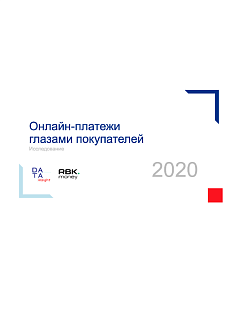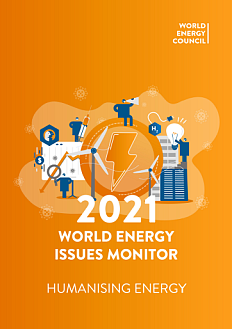Eugene Kaspersky: “Fighting Cybercrime is Impossible without International Cooperation”
What are the greatest cyberthreats, today and in the future?
I believe one of the greatest cyberthreats today is the threat to the security of industrial infrastructure. Enterprises are digitalised, plants need fewer workers and are using more computer systems and robots. This has become the norm, as has remote internet access to industrial control systems. But it is this modernisation that is making enterprises more vulnerable to cyberattacks. We are already aware of the existence of several specialised cybercrime groups who target enterprises in the energy, instrumentation and industry sectors.
Remaining analogue in a digital economy is impossible as you won’t withstand the competition. This is the main phenomenon of Industrial Revolution 4.0. You either keep your business safe by staying offline, and fall hopelessly behind your competition, or respond to the changing times and put your enterprise at risk by making it vulnerable to all sorts of cyberthreats. I believe that it is our collective objective, in an age of increasing digitalisation, to realise how vulnerable we all are. Denial can be very dangerous.
What is your opinion on the ‘sovereign internet’? Could it make our life safer?
Unfortunately, we are living though a restless time of geopolitical conflict and rising internet protectionism and balkanisation. These international trends, in my opinion, won’t lead to anything good. Our experience in cybersecurity in particular has shown this to be true. Fighting cybercrime is impossible without international cooperation. It has no nationality and knows no borders. Creating an artificial ‘wall’ won’t make our life safer, but will certainly slow down the digital economy.
Many Russian IT companies suffered a reputational blow because of geopolitical conflict. How are you handling these negative consequences?
We move forward, try not to focus on the consequences and carry on with our work. Luckily, our partners can read between the lines and understand the whole underpinning for ‘geopolitical conflict’ and unfounded accusations aimed at us. How else would you explain the growth in our international sales revenue and the increase in US online sales in 2018? We have earned the loyalty of our partners and clients with our long track record of making the most reliable security solutions on the market.
But we also realised there is a demand for more business transparency among regulators and officials. This is especially true for data processing. Our business is based on trust. We have nothing to hide. This is why we have moved one of our data centres to Switzerland as part of our global information transparency initiative. We have also opened our first transparency centre in Zurich where experts and partners can look at our source code and its updates and make inquiries. We will soon be opening two more centres in Europe and Asia. We are the first cybersecurity company to take that step.
What future do you foresee for Kaspersky Lab?
The challenges we are facing today would have been unimaginable five or seven years ago. We collect over 380,000 unique malicious files every day. The Internet of Things market is growing, and changing, as it does so, every sector of the economy: manufacturing, agriculture, urban infrastructure, trade, transport and many more. All these changes have led us to fundamentally rethink the principles of protecting information systems. Security needs to be integrated into the system architecture at the early stages, as opposed to introducing it as a superstructure, which is how it is done now. We call it the ‘cyberimmunity’ principle. As I understand it, this term should replace ‘cybersecurity’. We already know how to apply this principle to protect IoT products using our Kaspersky OS. Our plan is to develop and scale these achievements.
Anlytics on the topic

The joint study by Data Insight and RBK.money explores the availability of online payments for goods and services and looks at consumer behavior in some special situations like holidays, travelling, and making regular payments.

The EY survey Growth Barometer analyzes the development priorities and strategies of companies, problems they face, as well as their links to global risks and economic instability. The survey involved 2,240 senior managers of companies with annual revenues of $1 million to $3 billion and smaller firms in the fast growing business segment, having operated in the market for less than five years.

The World Energy Council has published its annual World Energy Issues Monitor. Now in its 12th year, the report provides a forward-looking assessment of the global energy agenda based on the views of more than 2,500 energy leaders from 108 countries.

Russian minister of health Veronika Skvortsova talks with us about new projects for the far east , cooperation with Asian health professionals and air medical services.


